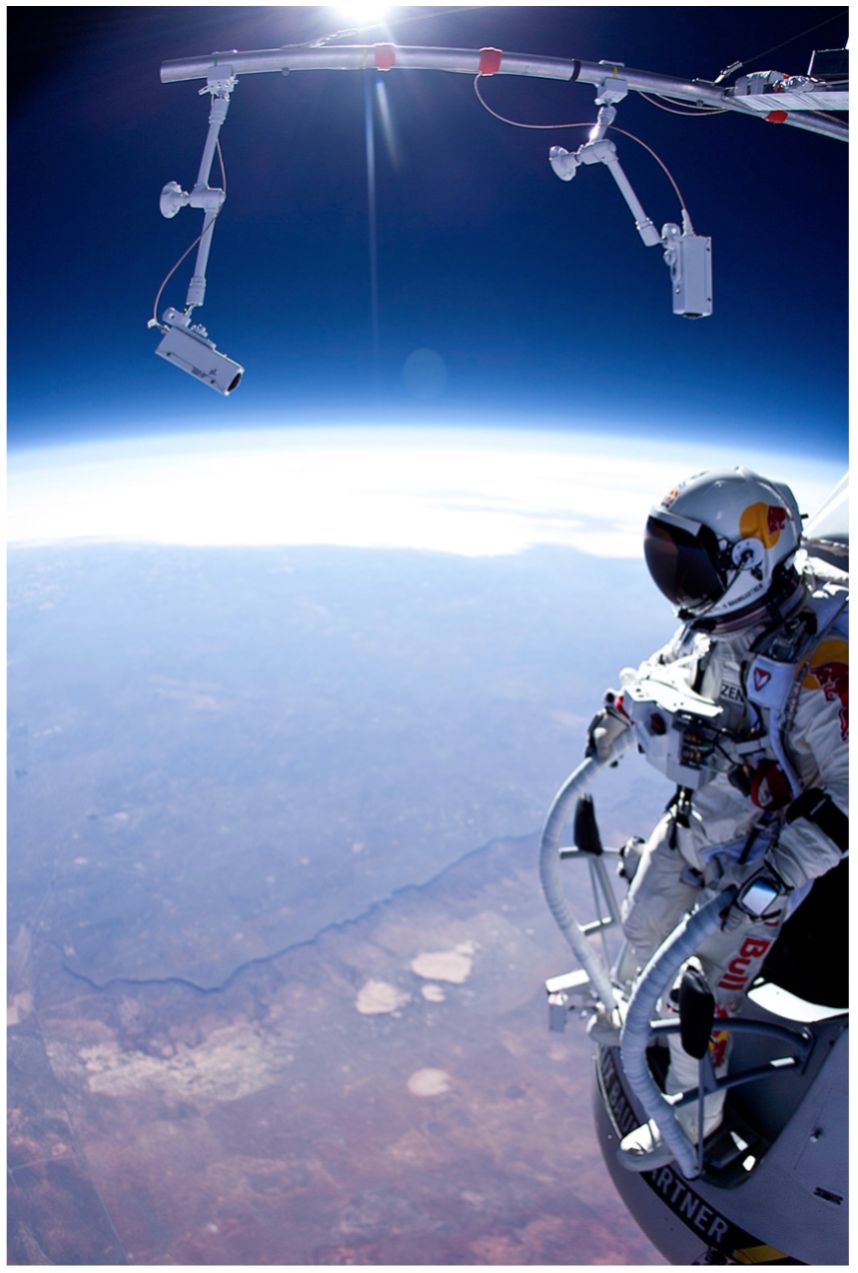What If You Die In Space!?!
May 18, 2019 • 46 views
Despite the fact that less than 550 people have ever gone into space, the idea of space travel seems to capture the imagination and interest of people around the world. With the possibility of longer-term space travel seemingly within easy reach, an ever increasing number of individuals are pondering.… what happens if you die in space? Whether you die on a long journey, lose your grip during a spacewalk (a la Gravity), or simply take the plunge into the vacuum without a spacesuit… what would happen? Would your body decompose? Freeze? Explode? C’mon let’s see!

What if I say that even NASA has not devised a policy for the astronauts if at all they die during the space travel or in the space? Most of the deaths were due to accidental explosions even before reaching the space. The probability of an astronaut dying due to some other reasons is very very low that NASA neglected.
"NASA does not prepare contingency plans for all remote risks. NASA's response to any unplanned on-orbit situation will be determined in a real-time collaborative process between the Flight Operations Directorate, Human Health and Performance Directorate, NASA leadership, and our International Partners."
If you were out of oxygen in space, you would only have about 15 seconds before you lose consciousness. Before you freeze, you would most likely die from asphyxiation or decompression. 10 seconds of exposure to the vacuum of space would force the water in your skin and blood to vaporize, while your body expanded outward like a balloon being filled with air. Your lungs would collapse, and after 30 seconds you would be paralyzed—if you weren’t already dead by this point.
If at all you died, you would probably be kept inside your pressurized suit; bodies decompose faster in a spacesuit, and others don't want the smell of rotting meat or off-gassing, it's not sanitary. So, they would keep you in your suit and store it somewhere cold on the station where the crew of the ISS already stores trash in the coldest spot on the station. It fends off the microbes from them and makes smell less of an issue.

Freeze-Dried Funerals
An experiment from Swedish eco-entombment organization Promessa. The study resulted in a yet-to-be-tested design called "The Body Back." The dreadful sounding framework utilizes a strategy called promession, which basically solidify dries a body. Rather than creating the powder of customary incineration, it would transform a solidified carcass into a million little bits of frosty tissue.

On Earth, the promession process would use liquid nitrogen to freeze the body, but in space, a robotic arm would suspend the body outside of the spaceship enclosed in a bag which would freeze the body just like nitrogen. The body would stay outside in the freezing void for an hour until it became brittle, then the arm would vibrate, fracturing the body into ash-like remains.
This process could theoretically turn a 200-pound human being like you into a suitcase-sized 50-pound lump, which you could store on a spacecraft for years.
SpaceX's Elon Musk has openly cautioned, "If you want to go to Mars, prepare to die." Which begs the question: if someone dies on the Red Planet, where do you put them?
“If you die while on Mars, you will be buried rather than bringing the body all the way home,” Hadfield says. That makes sense because of the long journey back, but it poses some potential contamination problems.
Indeed, even the robots investigating Mars are legally necessary not to convey Earth organisms to their dusty new planet. Rocket are more than once cleaned and disinfected before dispatch to help shield conceivably livable areas from being overwhelmed by bold Earthly organisms. In any case, the bugs on a wanderer are nothing contrasted with the microbes that would hitch a ride on a dead body.
Cannibalism
The bioethicist Paul Wolpe says the school of thought on human flesh consumption for survival is part. "There are two sorts of ways to deal with it. One says despite the fact that we owe the body a huge measure of regard, life is essential, and if the main way one could endure is eat a body, it's satisfactory yet not alluring." But no space office has an official strategy on Martian human flesh consumption—yet.

Space investigation is much the same as climbing Mt. Everest. Consistently around 800 individuals endeavors to achieve the summit of the mountain. Consistently, a portion of those individuals pass on. And after that another 800 individuals attempt one year from now. These individuals need to be first, to be the best, to investigate something sublime and uncommon. What's more, with this assurance comes the danger of dying. There's no extravagant strategy for incineration on Everest, no consciously grave spot to stow a body, no real way to sensibly get a body for internment back home. More than 200 bodies lay over the mountain, some of them still noticeable on days when snow spread is light.

